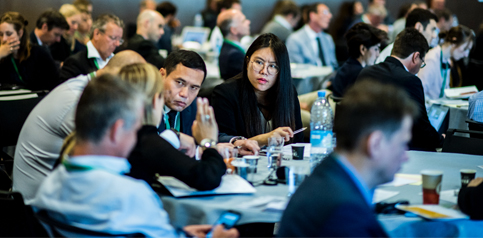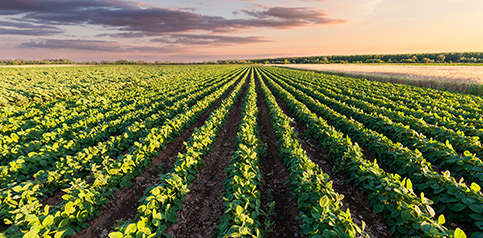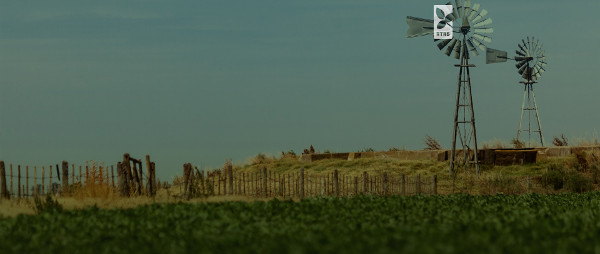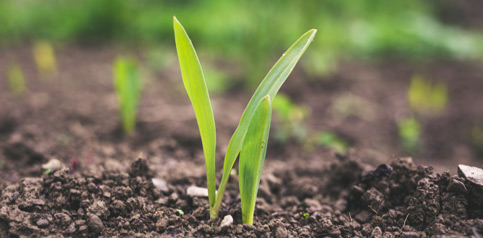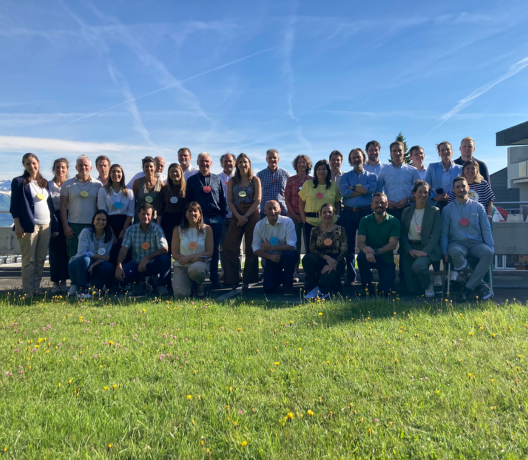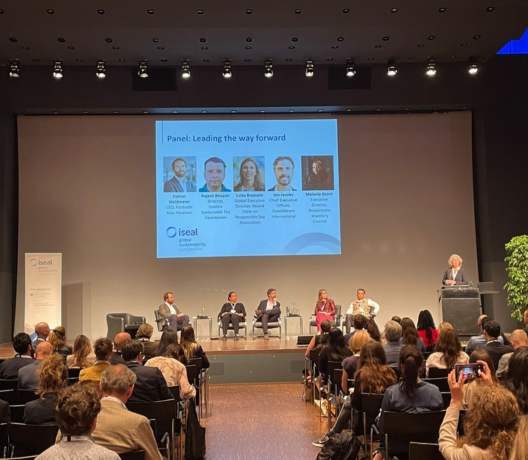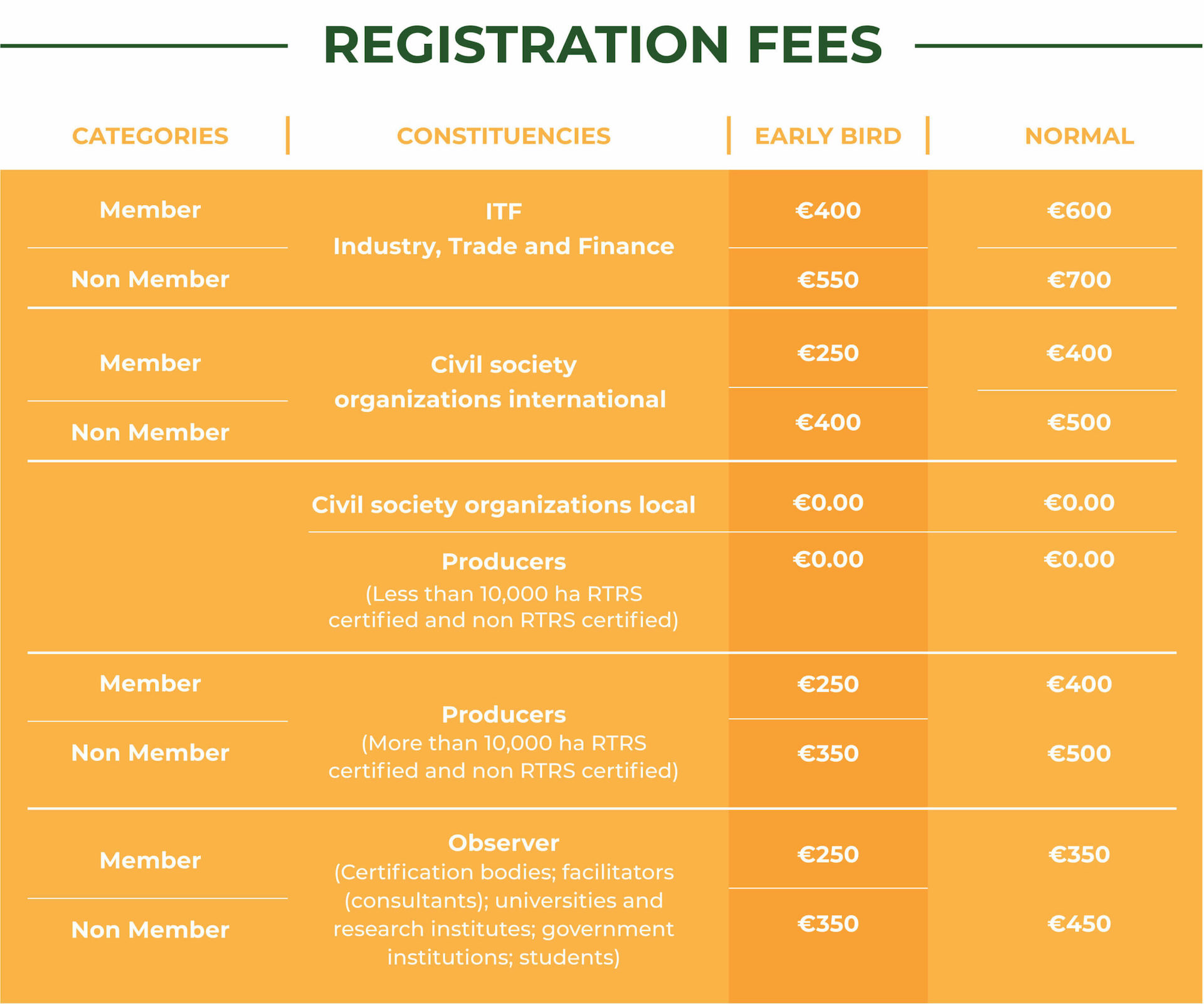RTRS participated in the ISEAL Global Sustainability Symposium
As an ISEAL community member, RTRS was invited to discuss the challenges, priorities, and visions of success regarding inclusive, innovative, and impactful sustainability actions in ISEAL symposium.
On June 13, 2024, in Baden, Switzerland, the Round Table on Responsible Soy (RTRS) participated in the ISEAL Global Sustainability Symposium. The event focused on how sustainability systems and various partners are collaborating to assist businesses in meeting sustainability due diligence requirements.
Luiza Bruscato, Global Executive Director of RTRS, joined the panel “Leading the Way Forward: Opportunities for Collective Action” moderated by Kristin Komives, Director of Programmes at ISEAL, the panel included esteemed speakers such as Rajesh Bhuyan, Director at Trustea Sustainable Tea Foundation; Melanie Grant, Executive Director at the Responsible Jewellery Council; Jon Jacoby, Chief Executive Officer at GoodWeave International; and Fabian Waldmeier, CEO at Fairtrade Max Havelaar.
During the panel, Luiza Bruscato underscored the importance of sustainability beyond deforestation, noting that while the EU Deforestation Regulation (EUDR) represents progress, it does not comprehensively address sustainability challenges. She highlighted RTRS’s transition towards sustainable soy that exceeds EUDR requirements and introduced the development of a Chain of Custody (CoC) model for EUDR-compliant soy, slated for presentation at RTRS’s upcoming General Assembly in November. “EUDR prioritizes traceability, but broader sustainability issues such as land conversion must also be addressed within our certification,” Luiza emphasized.
Luiza also introduced a pilot project that RTRS is conducting with the ISEAL Innovation Fund, which aims to incentivize regenerative agriculture. “The idea is to first define regenerative agriculture for soy, engaging with the many countries where we have our certification in place. It is essential to focus on long-term transitions to ensure funds go directly where change is needed. These regenerative incentives aim to add value to biodiversity, carbon credits, and other important social aspects.” She invited other schemes to join the advisory group for this pilot project, underscoring the importance of collaboration to drive meaningful change.
Furthermore, Luiza questioned the robustness of emerging initiatives, particularly regarding compliance with EUDR based on self-declarations. She stressed the necessity of maintaining sustainability goals while supporting EUDR compliance. Luiza pointed out that “while traceability is important, it is not the complete solution.”
Additionally, Luiza highlighted the pivotal role of collaboration and partnerships among organizations. She stressed the importance of data sharing to streamline platform development and optimize resource allocation. Luiza also emphasized the need to sustainably manage vulnerable areas to ensure they benefit from ongoing sustainability initiatives.



